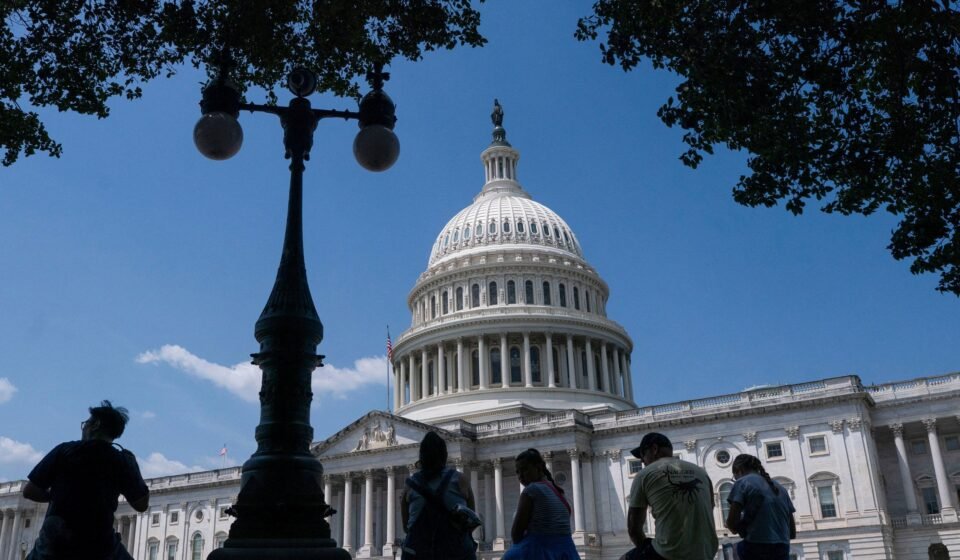
Senate Says “No” to AI Regulation Ban: What This Means for You
Big news just dropped in Washington: The U.S. Senate has voted to reject a proposed 10-year ban that would have stopped states from making their own rules about artificial intelligence (AI). If you’re wondering, “Why should I care?, keep reading. This decision could shape how AI impacts your daily life, your privacy, and even your job.
What Just Happened?
- The Proposal: Some lawmakers wanted to stop states from passing their own AI laws for the next decade. The idea was to keep things simple for tech companies by having just one set of national rules.
- The Vote: The Senate said “no way” with an overwhelming 99-1 vote. This means states are free to create their own AI laws, starting now.
Why Was This a Big Deal?
Imagine if every state could set its own speed limits, but there were no national rules. That’s what tech companies were worried about: a messy patchwork of laws that would make it hard to do business. But many senators and a lot of regular people, like you and I, were more worried about letting Big Tech police itself.
What Does This Mean for You?
1. More Protection (Maybe):
States can now make their own rules about how AI is used. That could mean stronger protections against things like deepfakes, AI scams, and privacy violations.
2. Different Rules in Different Places:
Just like with marijuana or data privacy, you might see very different AI laws depending on where you live. California could have strict rules, while Texas might be more relaxed.
3. Pressure on Congress:
With states free to act, Congress is under pressure to finally pass a national AI law. Otherwise, tech companies will have to juggle 50 sets of rules.
Who’s Happy, Who’s Not?
- Winners: State governments, consumer advocates, artists, parents, and anyone worried about AI running wild.
- Not So Happy: Big Tech companies, who now face a patchwork of laws, and anyone who wanted one simple set of rules.
What Happens Next?
- Expect states like California and New York to quickly pass new AI laws.
- Tech companies will likely push harder for a single national law.
- Congress will have to decide: Let states lead, or step in with federal rules?
The Bottom Line
The Senate’s vote gives states the green light to protect their citizens from the risks of AI at least until Congress comes up with a national plan. For now, the future of AI in America will be shaped not just in Washington, but in every statehouse across the country.
Stay tuned as AI laws are about to get a lot more interesting and GoSkripto is in the forefront of empowering users with AI solutions!




